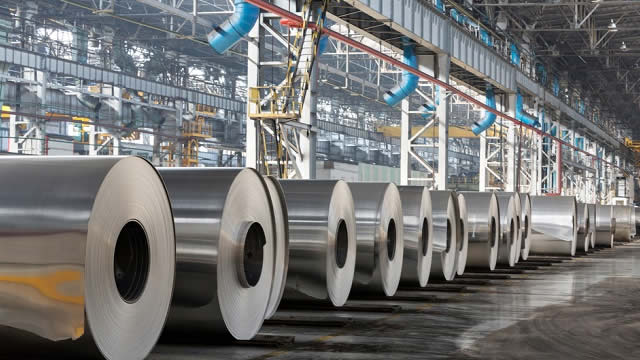The Impact of Trump’s Tariffs on the Auto Industry
JIm Farley’s Concerns
Recently, Jim Farley, the CEO of Ford, expressed his concerns about the Trump administration’s tariffs and how they will negatively impact the auto industry. Farley specifically mentioned that Trump’s tariffs on Mexico and Canada would be “devastating” for Ford. This stark warning has raised alarm bells within the industry and among consumers.
The Auto Industry at Risk
The auto industry relies heavily on global trade and supply chains. Tariffs on imported goods can lead to higher production costs, which are often passed on to consumers in the form of higher prices. In the case of Ford, tariffs on Mexican and Canadian imports could severely disrupt their operations and profitability.
Farley’s comments highlight the broader concerns within the auto industry about the impact of protectionist trade policies. Automakers are already facing challenges such as declining sales, technological disruptions, and shifting consumer preferences. Additional tariffs could exacerbate these challenges and further strain the industry.
How Will This Affect Me?
As a consumer, the impact of Trump’s tariffs on the auto industry could translate to higher prices for vehicles. If automakers like Ford are forced to raise prices to offset the higher production costs, consumers may find it more expensive to purchase cars. This could also lead to a slowdown in car sales and potentially job losses within the industry.
Global Implications
Trump’s tariffs on Mexico and Canada are part of a larger trend towards protectionism in global trade. These tariffs could disrupt established supply chains and trade relationships, leading to increased tensions between countries. The auto industry is just one example of how these protectionist policies can have far-reaching consequences on a global scale.
Conclusion
The concerns raised by Jim Farley about the impact of Trump’s tariffs on the auto industry are valid and warrant attention. It is crucial for policymakers to consider the broader implications of protectionist trade policies and work towards solutions that support rather than hinder industry growth. The auto industry, consumers, and the global economy all stand to lose if these tariffs are allowed to take full effect.





